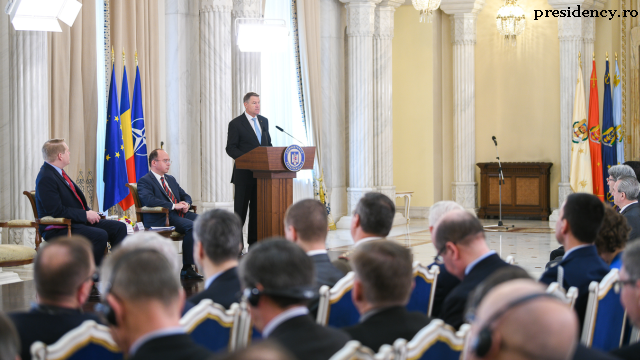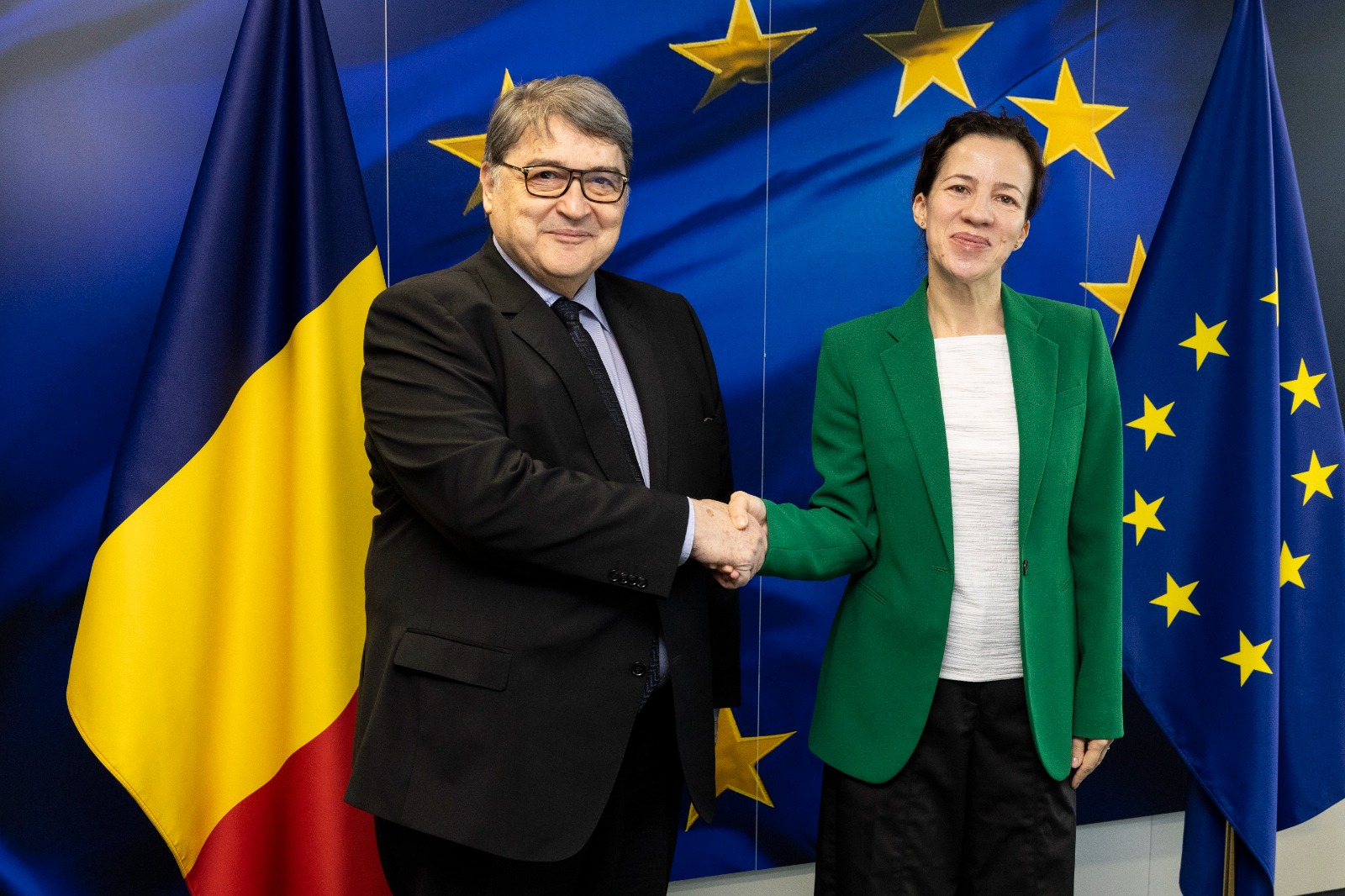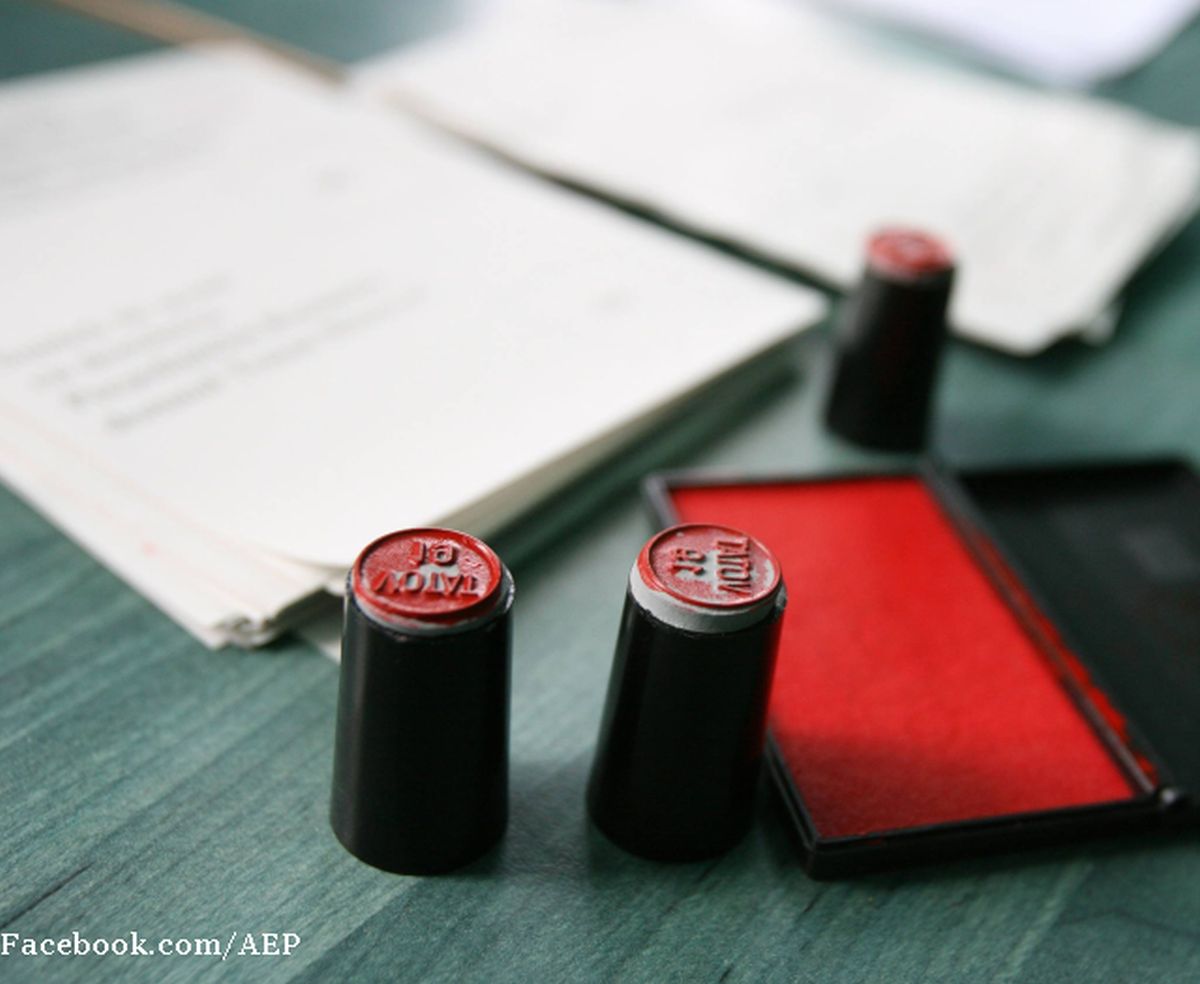Security in the Black Sea Region
A conference on security challenges on the eastern flank of the North Atlantic Alliance, organized in Bucharest, has once again highlighted the need to strengthen NATO’s capacity in the Baltic and Black Sea areas. Romania’s President Klaus Iohannis has pleaded for a unitary, consolidated and coherent allied presence along the entire eastern flank. The president has stated that the Black Sea area is still marked by frozen conflicts and dormant tensions, and that is reason enough for such a presence, which is needed to ensure an effective defense and deterrence posture.

Ştefan Stoica, 18.04.2019, 13:38
A conference on security challenges on the eastern flank of the North Atlantic Alliance, organized in Bucharest, has once again highlighted the need to strengthen NATO’s capacity in the Baltic and Black Sea areas. Romania’s President Klaus Iohannis has pleaded for a unitary, consolidated and coherent allied presence along the entire eastern flank. The president has stated that the Black Sea area is still marked by frozen conflicts and dormant tensions, and that is reason enough for such a presence, which is needed to ensure an effective defense and deterrence posture.
Here is president Klaus Iohannis: “Security in the Black Sea area and on the eastern flank reflects directly on the Euro-Atlantic security. Any deficiency, any vulnerability in the Black Sea becomes one of the Alliance, as a whole, and practically asks for hostile actions. Is the Alliance ready to face such challenges? So far, it has proven it is. Proof of that are the concrete measures adopted and implemented as of 2014, continuing with those of 2016, at the Warsaw Summit, and then again in 2017 and 2018 in Brussels. But this is not enough. An articulated and coordinated approach is still needed in the Black Sea area, in both political and operational terms, and also with regard to the existing capacities, in order to restore balance and deter hostile actions.”
The results of the measures targeting the Black Sea area, adopted at the latest NATO summits, are visible at all levels, the president went on to say, on the ground, through the fully operational structures in Craiova and Bucharest, but also through the maritime and air operations that the Romanian armed forces and the allied one are conducting together. All these decisions are evidence of the clear understanding that the Black Sea region is vital for the entire Euro-Atlantic area. A strategic approach, the president has said, entails, from an operational point of view, a permanent monitoring of the regional developments, consolidating the NATO posture and strengthening the defense capacity and enhancing the resilience of NATO’s partners, Ukraine, Georgia and the Republic of Moldova.
The conference was also attended by Peter Doran, an US expert in trans-Atlantic defense and energy security, who is the head of the European Political Strategy Center. He has stated that the organization is focused on a better understanding of the way in which the US can strengthen its ties with the allies, especially in the Black Sea area. He has given three examples of how this can be done: cooperation in the field of security and defense, energy and freedom. According to Doran, these are the ties that can bring Romania and the US closer.
To the US, Romania is not just a far away country in eastern Europe. We have an alliance that cannot be destroyed and, if Romania’s security and prosperity are threatened, this is also a challenge to the US, Peter Doran has also stressed.






























